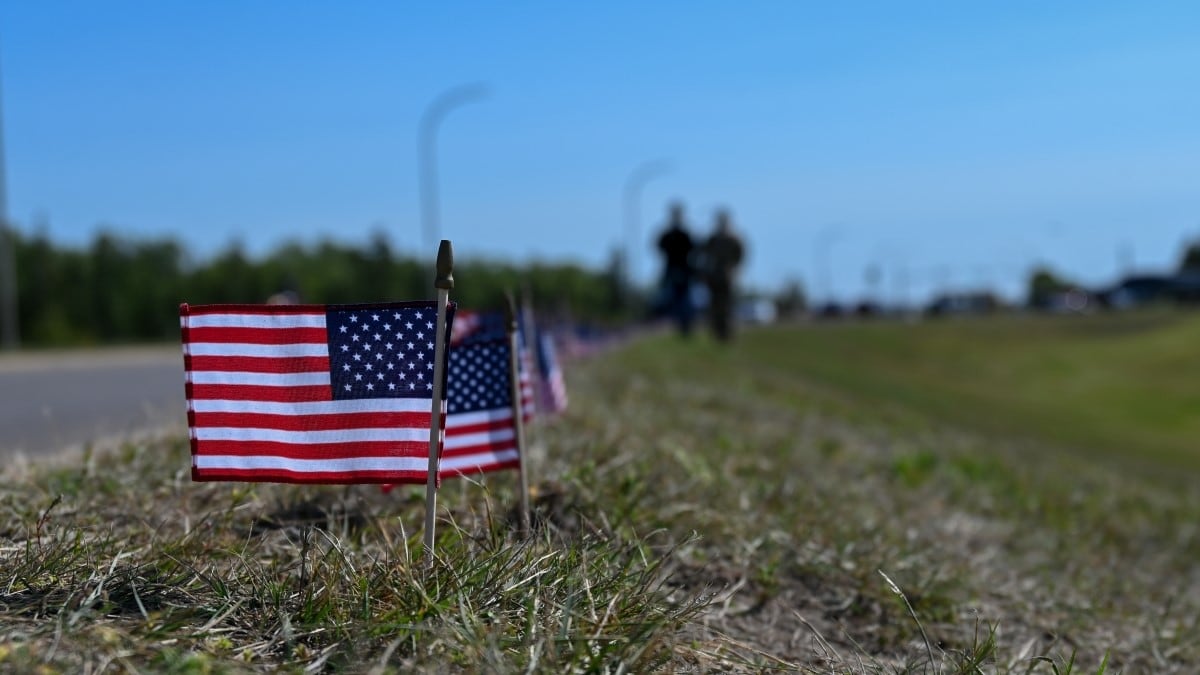Post-traumatic stress disorder is often considered a disorder of the person. In reality, PTSD affects the entire family.
This is particularly true for children.
Children with a parent battling PTSD may experience sadness, anger, chronic worry and confusion. The child may act out at school or home, and in extreme cases, may become entangled in the juvenile legal system.
If you are a parent or the spouse or partner of someone struggling with PTSD, it's important to seek help. Effective medication and talk therapies are available to help you or them overcome this often chronic and disruptive psychiatric condition. But it's also important to assist children who may also be affected by the disorder.
Here are four tips that may help.
- Be present, watch and listen. Children have a more difficult time sharing their feelings compared to adults. Their verbal skills aren't as well developed, and they can't as easily label how they feel. The most important thing you can do as a parent is listen and watch for signs of distress. For those children who can't express their emotions, be aware that depression may show itself as withdrawal from family and friends. And anger may manifest as aggressive play or increased arguing and disobedience. Pay attention to what they are saying and doing. You will learn a lot.
- Teach your child about PTSD. There is wisdom in the saying "knowledge is power." Teach your child what PTSD is and is not. Explore any misconceptions they may have about the disorder. But be careful not to use complicated and overly clinical terms in your discussions with them. Talk to them at their level, and use age-appropriate examples.
- Reassure them that it's not their fault. Although it's obvious to you that your child is not to blame for Mom's or Dad's difficulties, it may not be to your child. Children tend to internalize others' problems. Let your child know that he or she has done nothing wrong. And make sure they understand that it's not their responsibility to fix the parent or the family.
- Don't scare them with too many details. Be open and honest with your child. With that being said, there is no benefit in discussing the traumatic details of the event that led to your PTSD. This is particularly true for younger children. Whereas adolescents may be able to process some aspects of the traumatic event, younger children cannot. Don't burden them with the same thoughts and images that you are struggling with.
Bret A. Moore, Psy.D., is a board-certified clinical psychologist who served two tours in Iraq. Email him at kevlarforthemind@militarytimes.com. This column is for informational purposes only and is not intended to convey specific psychological or medical guidance.




